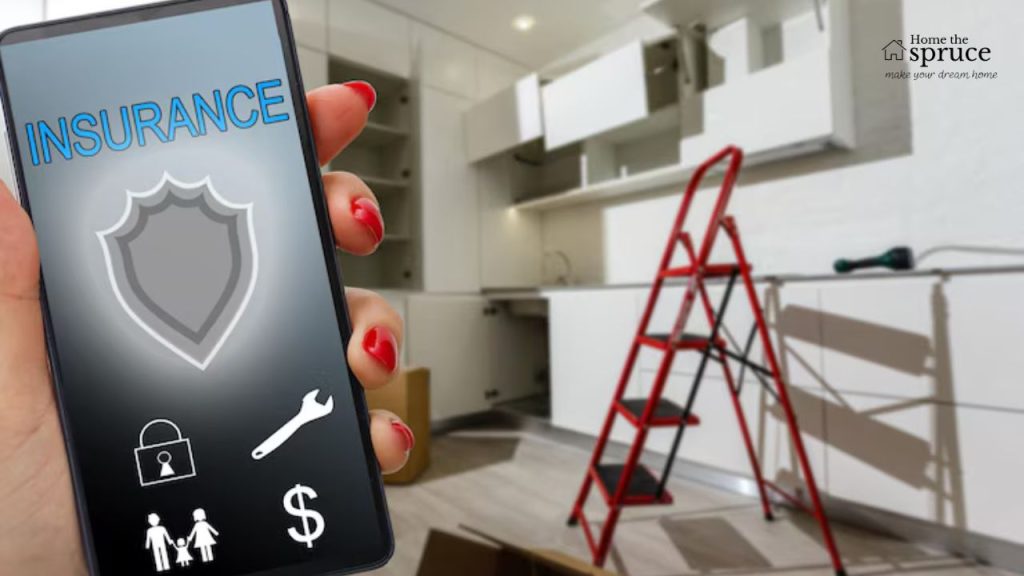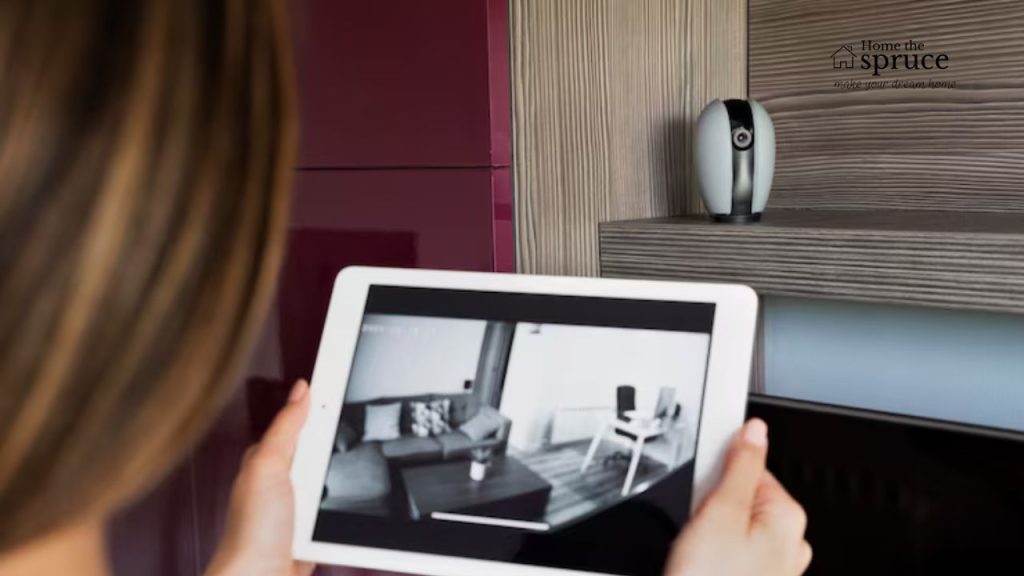Home security is a priority for every family. As technology shifts, risks rise. Burglars use new tools. Homeowners face rising theft rates in many areas. You can take clear steps to protect your home. You can start with simple actions. You can add advanced systems. You can talk to a home security expert to find the best solution.

Assess Your Home
You must know your home’s strengths and weaknesses. Walk around your house. Check doors and windows. Look for gaps and cracks. Note areas with poor lighting. List all entry points. Entry points include doors, windows, and garage doors. Each point needs proper locks. Each point needs clear lines of sight.
Improve Physical Barriers
Install sturdy locks on every door. Use deadbolts on exterior doors. Fit window locks with a simple turn latch. Add sliding door bars or pins. Secure garage doors with heavy boards or specialized locks. You can reinforce door frames with longer screws. Each screw should go into a wall stud. This step makes doors harder to force open.
Add Lighting
Motion sensors work overnight. They turn lights on when they sense movement. Place sensors near all exterior doors. Place sensors near walkways and driveways. Bright light scares off intruders. It alerts you to movement. You can pair sensors with cameras. A home security expert can help you choose models that link with your phone.
Use Security Cameras

Security cameras record activity around your house. Choose cameras that record in low light. Place cameras where they see all entry points. Point cameras at blind spots like backyards. Use cameras that connect to cloud storage. This feature keeps records safe if thieves destroy the camera. Many systems send alerts to your phone when they detect motion. Speak with a home security expert to set up alerts and storage plans.
Employ Alarm Systems
An alarm system deters burglars with noise. It alerts neighbors and law enforcement. Choose a system with a loud siren. Pair it with sensors on doors and windows. Modern alarms link with your smartphone. They send alerts when the alarm sounds. You can also get systems that connect directly to a monitoring service. A monitoring center calls you and law enforcement if the alarm goes off. Consult a home security expert to compare self-monitored and professional monitoring options.
Secure Smart Home Devices
Smart locks, cameras, and lights make life easy. They also create risks if left unprotected. Change default passwords on each device. Use long passwords that mix letters, numbers, and symbols. Update device software regularly. Updates fix security bugs. Use a separate network for your smart devices. Keep that network away from your main devices like computers and phones. Ask a home security expert to guide you on network setup.
Practice Smart Habits
Home security starts with good habits. Lock all doors and windows before you leave. Even if you step outside for a minute, lock your door. Don’t hide a key under a mat or flower pot. Use a trusted neighbor or a lockbox instead. Trim bushes near windows to remove hiding spots. Keep valuables out of sight from windows. A thief can see expensive items and decide to break in.
Use Neighborhood Resources
Join or start a neighborhood watch. Stay in touch with your neighbors. Share information about suspicious activity. Report any break-ins to local authorities. Local police often offer free home security inspections. They check your locks, lights, and alarms. They may install free window stickers or yard signs to deter burglars. A home security expert can help you interpret these recommendations.
Plan for Emergencies
Have an evacuation plan in case of fire or break-in. Practice the plan with your family. Assign meeting spots inside and outside the home. Teach children how to call emergency services. Keep emergency numbers posted near each phone or saved in your phone’s contacts. Keep a fire extinguisher on each level of the home.
Review and Update
Home security is not a one-time task. Review your plan every six months. Test your alarms and sensors. Replace worn locks and deadbolts. Check camera angles. Check battery levels. Update passwords. Change them every three to six months. Talk to a home security expert annually. They can spot new risks and recommend upgrades.
Home security is an ongoing process. You can protect your family and property with clear steps. You can mix simple habits with advanced systems. You can work with a home security expert to tailor solutions to your needs. A secure home gives you peace of mind. Start today by assessing your home and seeking expert advice.
